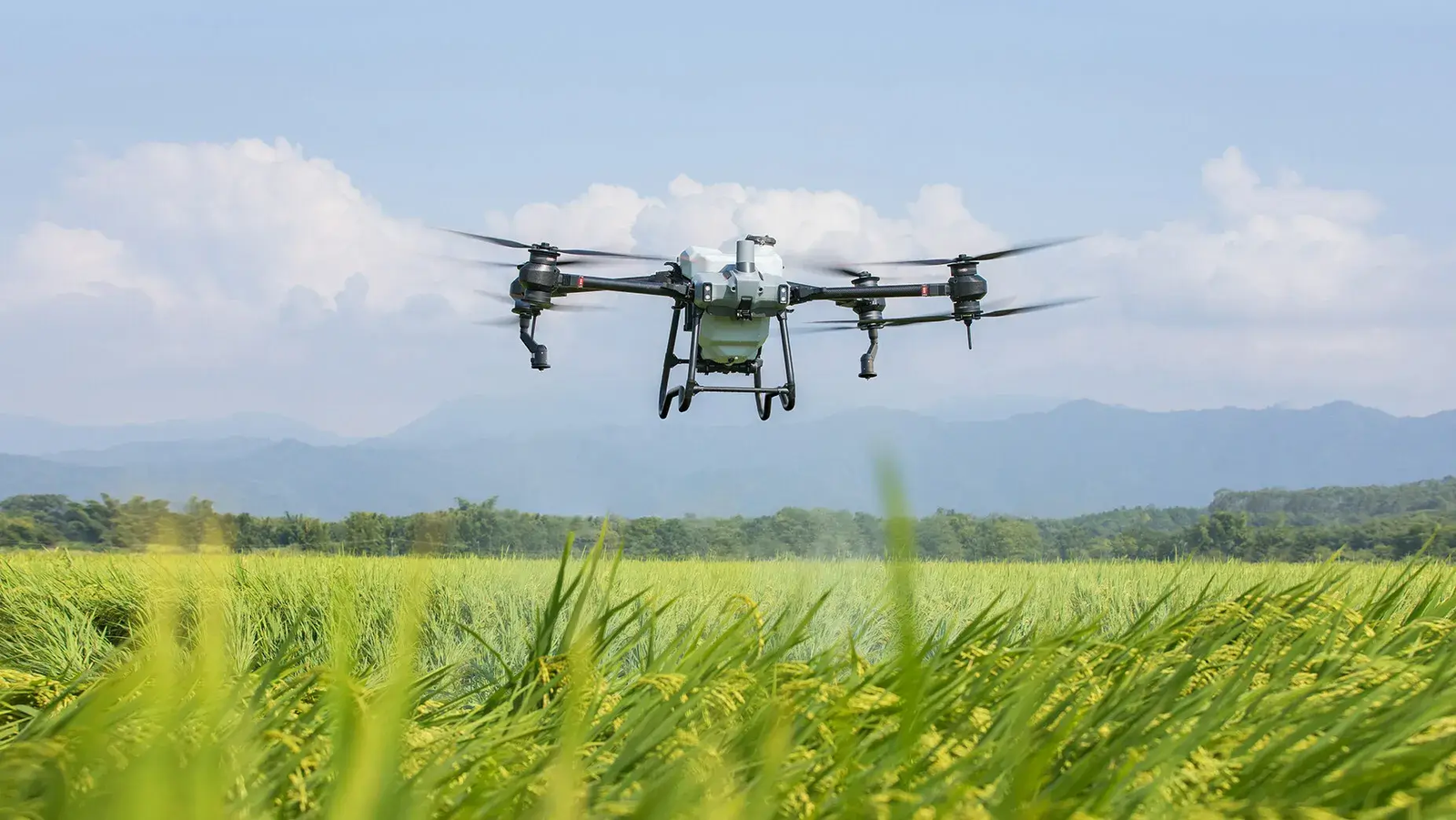
The United Arab Emirates UAE has built a strong reputation for leading the world in adopting new technologies. From futuristic skyscrapers to advanced smart city projects, the country has always placed innovation at the heart of its progress. Today, drones and artificial intelligence (AI) are becoming central to how the UAE delivers public services, promising efficiency, speed, and improved quality of life for its citizens and residents.
This shift is not just about showing off technology. It is a strategic move aligned with the UAE’s long-term vision to become one of the most advanced nations in the world. By using drones and AI, the country aims to reduce costs, increase safety, and make public services more responsive to people’s needs.
Drones, once seen mainly as tools for photography or entertainment, are now transforming critical services in the UAE. The government has been testing and deploying drones across various sectors, from health to transportation.
One of the most impactful uses is in emergency response. Drones can quickly reach accident sites or areas difficult to access by vehicles. They can provide live video feeds to emergency teams, helping them plan better and respond faster. In some cases, drones have even been tested to deliver medical supplies like defibrillators to patients before ambulances arrive.
Another area where drones are making a difference is infrastructure inspection. Bridges, roads, and tall buildings can be inspected more safely and efficiently with drones than through traditional methods. This reduces risk to workers and saves time. Drones equipped with thermal cameras can also detect faults in power lines or pipelines, helping prevent accidents and service disruptions.
The UAE is also exploring drone deliveries. Pilot projects have been launched to test the use of drones for delivering official documents, parcels, and even medicines. While large-scale deployment will take time, these trials show the UAE’s willingness to experiment with bold solutions.

Artificial intelligence is another powerful tool that the UAE is using to reshape public services. The country launched its National Artificial Intelligence Strategy 2031, making AI a key driver of economic growth and government efficiency.
In public services, AI is being applied in multiple ways. Chatbots and virtual assistants powered by AI help residents access government services online. These tools answer questions, process applications, and guide users through procedures without the need for long waits at service centers. This has become especially useful in reducing paperwork and saving time for citizens.
AI is also being used to improve traffic management. Smart traffic systems powered by AI analyze traffic flow in real time and adjust signals to reduce congestion. These systems are linked to cameras and sensors that help authorities monitor violations and improve road safety.
Healthcare is another area benefiting from AI. The technology is used to analyze medical data, predict patient needs, and even support doctors in diagnosing illnesses. Combined with drones for medical deliveries, AI-driven systems can create a faster, smarter healthcare environment.

The UAE has long invested in building smart cities, and drones and AI are becoming important pillars of this ambition. In cities like Dubai and Abu Dhabi, drones are being considered for future mobility solutions, including air taxis. These flying vehicles, guided by AI systems, could ease congestion and reduce travel times in the future.
On the ground, AI helps manage energy use in buildings, waste collection, and water distribution. Drones can survey land, monitor construction, and even track environmental changes such as desertification or coastal erosion. By combining drones and AI, the UAE is creating cities that are not only smart but also sustainable.
Public safety is a top priority for the UAE. Drones and AI play a major role in this area as well. Police forces in Dubai and other emirates already use drones to monitor large events, track traffic, and ensure public safety. These drones can quickly scan large areas, provide live updates, and even issue warnings through speakers.
AI enhances these efforts by analyzing surveillance footage, detecting unusual activity, and helping authorities respond faster. For example, AI-powered systems can recognize faces, detect abandoned objects, or predict crowd movements during major events. This reduces risks and ensures smooth operations.
While the UAE has made significant progress, there are challenges in fully integrating drones and AI into public services. Regulations, air traffic safety, data privacy, and public acceptance are all issues that need careful handling. The government is already working on clear laws and frameworks to manage drone flights and AI use responsibly.
Another challenge is ensuring that the workforce is ready for this technological shift. The UAE is investing heavily in education and training to prepare young people for jobs in AI, robotics, and drone technology. The launch of the world’s first AI university, Mohamed bin Zayed University of Artificial Intelligence in Abu Dhabi, is a strong step in this direction.
Looking ahead, the UAE’s push for drone and AI innovations is expected to expand even further. With Expo City Dubai acting as a testbed for futuristic technologies, and government strategies supporting innovation, the UAE is positioning itself as a global leader in public service transformation.
The UAE’s journey with drones and AI shows how technology can make governments more efficient, responsive, and people-focused. From delivering medicines by drone to managing traffic with AI, the country is building a model for how public services can evolve in the future.
As the UAE continues to invest in these technologies, citizens and residents are set to benefit from faster services, safer environments, and smarter cities. For the rest of the world, the UAE stands as a clear example of how innovation can drive progress and create better lives for everyone.
READ MORE:- Inside the World of Business Acquisitions: Secrets of Corporate Growth 2025
